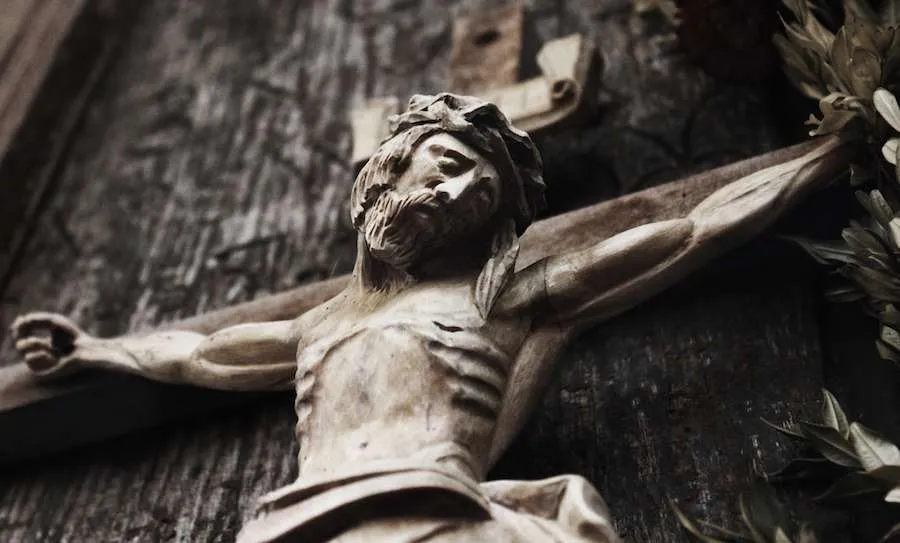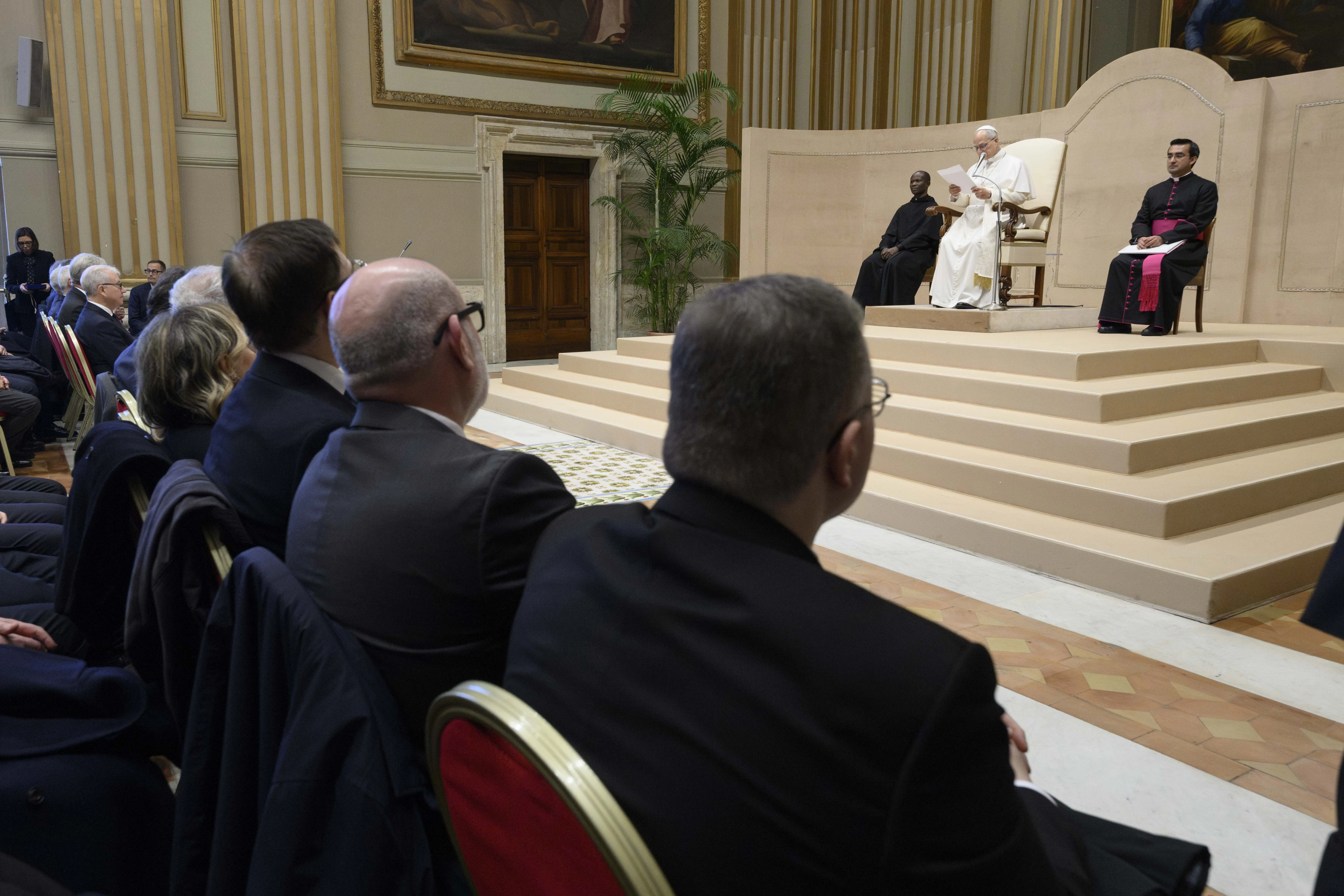Questions remain, and those questions are very likely to go unanswered. Catholics expecting to see particular individuals brought to justice seem likely to go disappointed.
And new scandals will inevitably emerge.
Since the retirement of Theodore McCarrick, there have already been some institutional reforms designed to prevent a situation like McCarrick’s from happening again. Institutional audits in U.S. dioceses, review boards, the promulgation of Vos estis lux mundi. Pope Francis or the U.S. bishops may well add more layers of policy reform.
But Pope Francis has emphasized that policy reform can not substitute for personal integrity. And the McCarrick Report demonstrates how much personal integrity actually matters. The McCarrick Report will likely bring statements from bishops committing to that personal integrity, and may even inspire real conversion to that effect among some bishops and Church leaders.
Inevitably, though, there will be continued failures in the Church’s life, because the Church is both human and divine: The mystical Body of Christ protected in certain ways by the Holy Spirit, and a community of sinners, each of them in need of a savior, few of them yet saints.
(Story continues below)
The Church is always and everywhere holy— its members are not usually so.
That paradox is a challenge to every believer.
But the future for the Church in the U.S. seems to depend a great deal on how ordinary Catholics respond to disappointment, discouragement, and somewhat unresolved scandal.
Religious disaffiliation is on the rise in the U.S. - a growing number of Americans identify themselves with no religion, or have no religious practice. And many ordinarly practicing Catholics are out of the habit of going to Sunday Mass, because of the pandemic. It will be unsurprising if the McCarrick scandal exacerbates religious disaffiliation, especially among young Catholics, who say in surveys that they prioritize the perceived personal integrity of leaders ahead of institutional affiliation.
Within the Church, there is a small but growing pocket of Catholics who are increasingly strident toward the authority of the pope and of U.S. bishops. In crises past, pockets like those have eventually become schisms. That seems practically unlikely in the contemporary U.S., but it is not impossible or unprecedented — there are more than 25,000 members of the “Polish National Catholic Church,” a schismatic group that began in the U.S in the early 20th century.
The point is that scandals have the capacity to discourage the practice of the faith, to foster cynicism, anger, bitterness, or indifference.
Hence the personal narrative.
My own experience has taught me that confronting the oft-disappointing humanity of the Church is an exercise in accepting that disappointment is real, and that it can be only be relieved by embracing the cross, and the Crucified Savior.
In the spiritual life, moments of disappointment present a choice: One can nurture anger or indifference, or one can turn to Christ on the cross.
One of those choices brings life, the other does not.
That’s true for the spiritual life, and for the mission of the Church itself.
A movement of Catholics who respond to crisis with an increase of prayer, fasting, charity, and evangelization is counter-intuitive. It is also a counter-witness to the “black eye for the Church” contained in the McCarrick Report. It is confounding, and compelling.
Catholics who seek holiness in times of scandal tend often to be conduits of Christian renewal.
Making such a choice, I long ago learned, is easier said than done. There is very little that is saccharine or romantic about following Jesus, especially when confronted with the sinfulness of the Church’s own leaders. There is often more setback than progress.
Humility helps - remembering our own failures tends to put the sins of others in perspective. Confession and the Eucharist help all the more.
Embracing the cross does not mean accepting or tolerating the presence of sin in the Church. Rather it means both assiduously calling for reform and repenting seriously for one’s own sins and shortcomings. Maintaining communion with the Church, even while helping to rebuild it.
The mission of the Gospel probably has very little to do with tweeking existing policy. A statement of regret from the U.S. bishops’ conference is unlikely to spark a renewal of faith in Jesus Christ.
In the wake of the McCarrick Report, renewal of the Church likely has most to do with whether ordinary Catholics will turn to Christ, and embrace his suffering on the cross. That isn’t easy. But it is the path to eternal life, and, in this life, its consequences might well be surprising.








